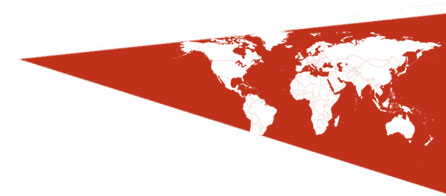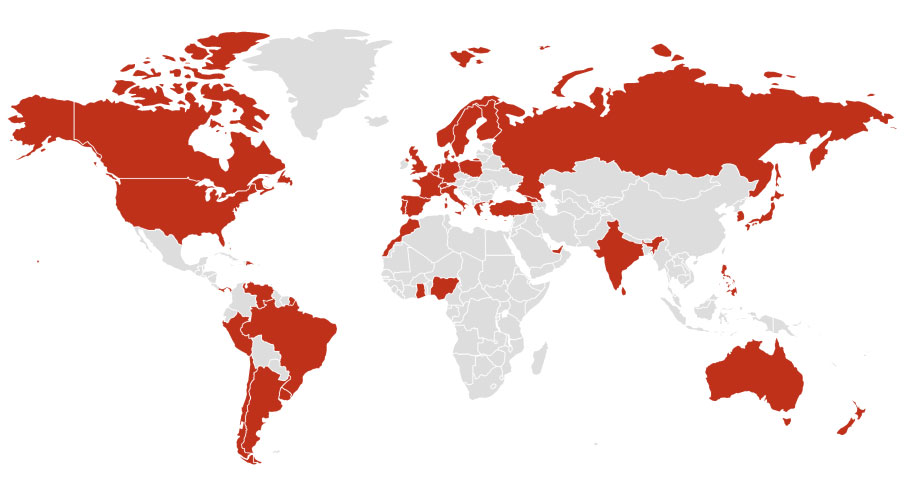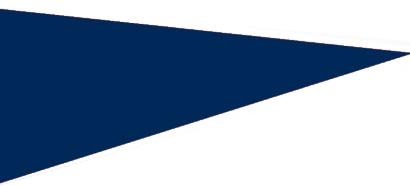BARRIERS TOWARDS DIGITAL UPTAKE IN THE MARITIME INDUSTRY
Written by Silje Brathagen With – DNV Group Research and Development – Maritime Program – Group leader data-driven services, 20 years of experience from ship classification and maritime research
The other day, I read through the DNV Strategic Research & Innovation position paper “Beyond condition monitoring in the maritime industry” from 2014 again. Reading it, it confirmed the foresight of my colleagues; and what strook me the most, was how it confirmed my hypothesis from researching data-driven services in the maritime industry since 2015; digital uptake in the maritime industry is slower than expected. The questions asked in 2014 were pretty much dealing with the same challenges as we see today:
- difficulties accessing data,
- lack of trust in data due to a range of interlinked factors – connectivity, data quality, cyber security,
- lack of standardization and scalability
- data ownership/data user-rights discussions
- liability issues
- the fast changes and challenges of futureproofing,
- the lack of regulations,
- etc. the list is long.
Why is it then, that digital uptake is slower in the maritime industry than in other fields?
Many of the challenges are applicable across industries and shouldn’t result in this disparity. I’m thinking about examples like cyber security, data quality, or liability issues. Is it so that the difference originates from more industry profound values? Like traditions, culture, stakeholder’s hierarchy, or business models and financial systems?
When discussing with people in the industry, many have thoughts on why we suffer this delay. Bringing these inputs back home and reflecting on them somewhat, most of them evaporate as not unique to the maritime industry.
What is unique though, is the hundreds of years of industry history -one could maybe claim thousands -with traditions remaining to this day. As John Lanchester wrote in his article “Gargantuanisation” from 22 April this year: shipping is mysteriously invisible, and not on the radar for most people. Are these the particularities we should look into when searching for the barriers towards digitalization in shipping?
Are the barriers our business models, the speculative nature of the maritime economy with tight margins, and the traditions for freedom of the seas?
It is easy to claim that full profit of that digitalization implies sharing of data, again preparing the ground for increased transparency. But shipping has no tradition for sharing or transparency. On the contrary, shipping has been a fragmented industry throughout history, working to develop proprietary systems to protect their tight margins in an extremely competitive market. Enormous investments have been done to protect information, and replacing these systems will both be costly and a demand a totally different culture.
Additionally, neither the stakeholders in the industry nor a slow maritime regulatory regime, have traditions to incentivize transparency. But this situation is changing with an upstream push from the society at large, expecting information and action, in particular related to the environment, but also related to safety and sustainable economic decisions. Is it so that shipping will have to come out of the mystery fog in the future, and turn visible? If so, the barriers towards digitalization will be forced open.
Finally, the lack of standardized assets is often, and rightfully, pointed out as a barrier towards digital uptake within shipping. However, should the focus on the business barriers towards standardization increase, even more, compare to the technical barriers? Is there a need for business model innovation, revolutionizing the current situation with tailormade assets to every specific trade?
Technology is mature enough to support the process, how about the business approach and its impacts in terms of efficiency, safety and environmental issues?
In DNV we are looking into the barriers towards digital uptake in the maritime industry. As a member of WISTAs Tech & Futures Committee, I would encourage all readers to engage in this fundamental topic. As you can read from this blog, we do not have all the answers, but the question should be raised.
Please feel free to open any discussions or thoughts with Silje at Silje.brathagen@dnv.com or with techcommittee@wistainternational.com.



